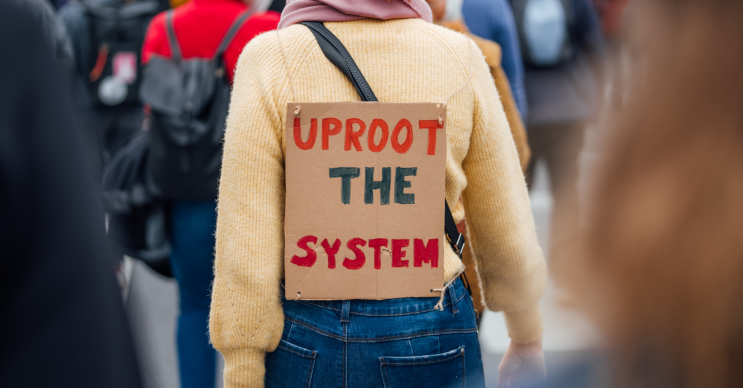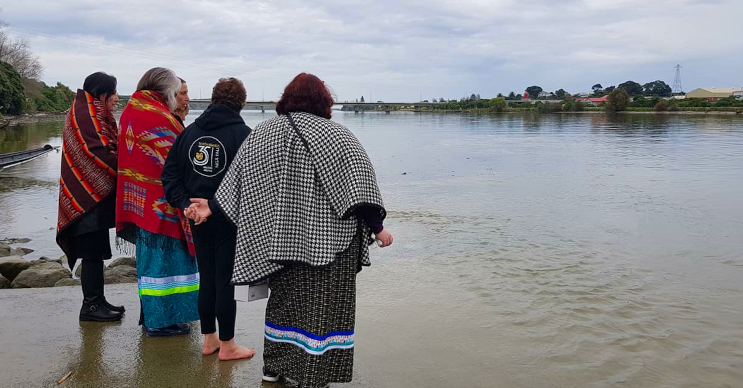Archives
June 2024
Categories
All
|
Back to Blog
Credit: Ivan Radic / CC-BY-2.0 968 words / 4 minute read Outdoor artificial light at night has transformed the Earth in ways we still struggle to understand. Despite its many social benefits, wasted outdoor light at night harms the environment and people. In that sense, the issue is a pollutant (outdoor light used with little caution) contaminating a natural resource (nighttime darkness). Light and Western environmental lawThis idea is not news to anyone who has followed the environmentalism movement of the past half-century. Instances of major legislation protecting the environment from pollution have followed a more or less standard script: First, quantify the significance and the severity of the problem. Next, determine a "safe exposure" threshold. And finally, write policies that establish penalties when those thresholds are exceeded. This approach to reducing pollution has achieved success in many parts of the world. So far, this model doesn't apply well to how the world treats light pollution. There is yet no agreement about what a "safe exposure" is for people, although we know that even tiny amounts of artificial light at night are hazardous to wildlife. For now, the conventional approach to reducing pollution isn't working. Instead, the usual way that legal jurisdictions try to limit light pollution is by placing limits on the 'source' side of the problem. That is, they enact laws requiring shielding of lights or prescribing limits on light intensities. Some may limit the spectrum of the light to reduce specific environmental harm. Limited evidence exists that this sometimes works to reduce light pollution. But we can't yet point to any specific outdoor lighting policy and say that because of the policy light pollution changed by some amount. Maybe we need to rethink altogether our notions about how to regulate outdoor lighting. By and large, our policies still cater to human needs first. And our current 'sustainability' paradigm mostly prioritizes the economy and society over the environment. Furthermore, light pollution doesn't respect political boundaries. Light at night emitted in one area can easily affect another place hundreds of kilometers away. Investigating policy alternativesAt the same time, dark skies are a manageable resource. The problem we confront is in search of a regulatory solution, not a technical one. What if the center shifted toward the nighttime environment itself, independent of whether any humans were around to experience it? That's an idea that first took root in Western society about 50 years ago in the form of a legal framework called the "Rights of Nature". Its proponents suggested the best way to save the environment was to give a kind of legal status to nature itself, with human agents acting on its behalf. The Rights of Nature holds that nature has the right to remain in its inherent condition and be remediated if damaged. People not affected themselves by environmental degradation also have a right to bring suit on its behalf. It implies that natural resources are kind of public good worth managing in trust for the benefit of future generations. A famous example of this is the Whanganui River in New Zealand, sometimes known as "the river that owns itself". In March 2017, the New Zealand government conveyed a legal status on the river like that of a corporation or a natural person. Two officials, one from Māori and the other from the NZ government, represent the river's interests in court. Māori 'talk' to the Whanganui River in New Zealand, which they call Te awa tupua. It is regarded by Māori as taonga, a special treasure, and now has its own status under NZ law. Photo by Neeta Lind / CC-BY-2.0. Like others, this approach has its benefits and drawbacks. On the "pro" side, it moves humans out of the center of how the issues are framed and insists that decisions we make that impact nature should focus on nature more. On the "con" side, this view has no historical foundation in Western law, which considers nature to be a form of property its owners are free to exploit. Environmental laws protect resources from pollution, but only to the extent any harm to them affects people in adverse ways. Giving a (legal) voice to the nightSo what might a dark-skies implementation of the Rights of Nature look like? It could begin with legislatures enacting resolutions identifying the values associated with dark skies. That value, enshrined in law, could one day prompt reconsideration of the current view of darkness as a resource whose exploitability is endless.
Going a step further, legislatures could insert statements of intent into bills, bylaws and ordinances. This provides guidance to judges who interpret laws. In turn, that could build up a body of case law that points toward an elevated legal status for the night. It can also connect dark skies to issues like social and environmental justice. New international treaties may advance the idea of intrinsic rights for the nighttime environment. Treaties signed by 'coalitions of the willing' help establish the limits of acceptability. They can also impose pressure on holdout countries that brings their own national laws into eventual compliance. Lastly, there are clear affinities between these issues and those important to Rights of Nature initiatives around the world. Joining forces with organizations dedicated to protecting nature can elevate the conversation. It will be important to keep dark skies in the foreground as world legal thought evolves around issues like climate change, habitat loss and threats to biodiversity. Dark skies in the Rights of Nature context is a very forward-looking concern. Any gains are likely in the far future. For now, it offers a new way of framing the problem of light pollution and suggests innovative ways forward. There are many ways to address light pollution on the local level that leverage the many existing tools at our disposal. We can help clients navigate these challenges and come up with effective solutions. Contact us today to find out how.
0 Comments
Read More
Your comment will be posted after it is approved.
Leave a Reply. |
 RSS Feed
RSS Feed


